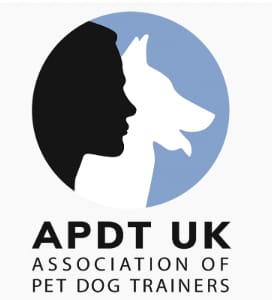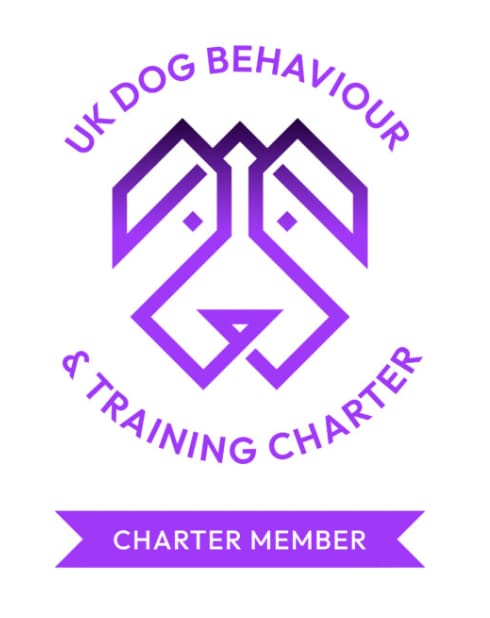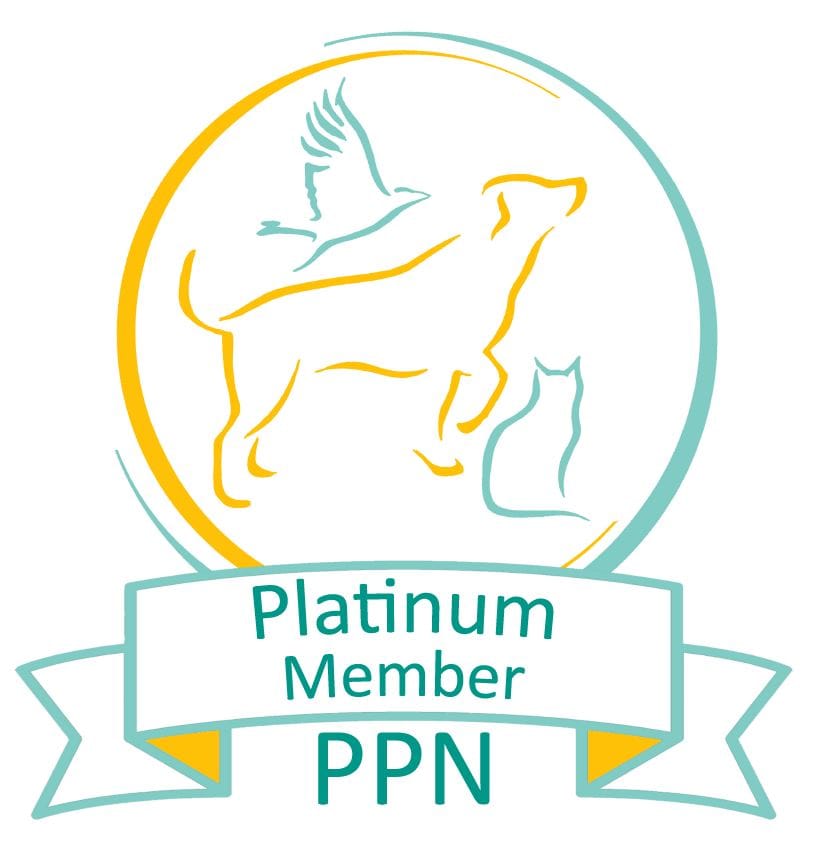Training tips for nervous / reactive dogs
01/08/2023 - Blog
Training tips for nervous / reactive dogs
Owning a nervous or reactive dog can be a challenging experience. A nervous or reactive dog can become anxious, fearful, or aggressive in certain situations, making it difficult to enjoy walks, meet new people, or even leave your dog alone. However, with patience, consistency, and positive reinforcement, it is possible to help your dog overcome their nervous or reactive behavior.
Here are some training tips for a nervous or reactive dog:
1. Identify Triggers: The first step in training a nervous or reactive dog is to identify the triggers that cause your dog to become anxious or reactive. Common triggers can include loud noises, unfamiliar people, or other dogs. Once you have identified these triggers, you can begin to work on desensitizing your dog to them.
2. Use Positive Reinforcement: Positive reinforcement is a powerful training tool that can help your dog learn new behaviors. Reward your dog with treats, praise, or toys whenever they display calm or relaxed behavior around their triggers.
3. Use Desensitization Techniques: Desensitization involves gradually exposing your dog to their triggers in a controlled environment. Start by exposing your dog to a low-level version of their trigger and gradually increase the intensity. This can help your dog become more comfortable around their triggers.
4. Use Counter Conditioning: Counter conditioning involves pairing a positive experience with a trigger that previously caused your dog to become anxious or reactive. For example, give your dog treats or praise when they see another dog, so they begin to associate the presence of other dogs with something positive.
5. Avoid Punishment: Punishing a nervous or reactive dog can worsen their behavior and increase their anxiety. Instead, focus on rewarding calm and relaxed behavior and ignoring or redirecting negative behavior.
6. Seek Professional Help: If your dog's nervous or reactive behavior is severe, consider seeking the help of a professional dog trainer or behaviorist. They can help you develop a customized training plan for your dog and provide additional support.
Training a nervous or reactive dog can take time and patience, but with the right techniques and approach, it is possible to help your dog overcome their fears and anxieties. Remember to use positive reinforcement, identify triggers, desensitize your dog, avoid punishment, and seek professional help if needed. With consistent training and patience, your nervous or reactive dog can become a happy and confident member of your family.








